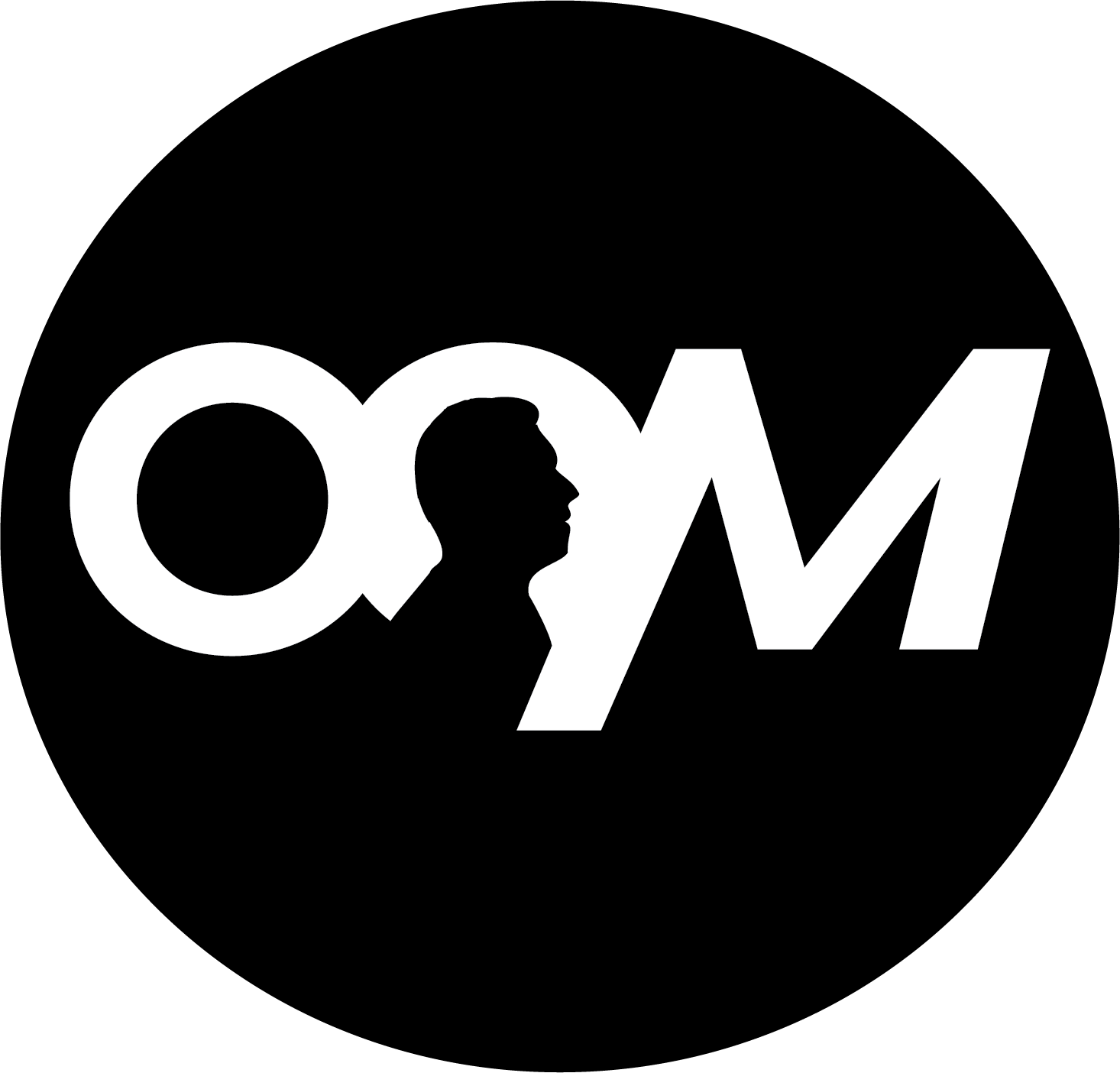Are you wondering if your staff is suffering from Sick Building Syndrome? Suppose several people are experiencing symptoms associated with their time spent at work every day. In that case, you might need to upgrade your HVAC system to ensure your building has healthy indoor air quality.
One vital way to keep your employees safe is to confirm that your office has a maintained ventilation system. But how can you tell if symptoms are from improper airflow and not seasonal allergies?
Explore the signs your business has poor indoor air quality.
Staff Health
If you’ve noticed an uptick in sick days, you might have a ventilation problem. When exposed to poor air quality for extended periods, we begin to exhibit symptoms. Allergies become exacerbated and will cause headaches, sneezing, coughing, and even nosebleeds.
Colds and other airborne illnesses travel easier in a space with decreased airflow. For the health of your employees, it’s vital to have your HVAC maintained.
Excessive Dust and Dirt
Is there a buildup of dust and dirt on surfaces? An abnormal amount of dust collecting near vents and other surfaces is a sign of an inadequate ventilation system. At the very least, you’ll need to change the HVAC air filter to avoid allergens like pollen and dander from collecting.
Cold and Warm Spots
Another tell-tale sign of poor ventilation is feeling cold and warm spots throughout the building. This problem could mean there’s an issue with your HVAC’s ability to maintain correct temperatures and humidity, which can lead to a whole host of other problems.
Humidity
Humidity is a big sign that something is amiss. If the air is too dry, you’ll experience itchy skin and eyes, sinus problems, and upper respiratory infections. And conversely, if your office is too humid for too long, you’ll promote the growth of mold and mildew, which will result in worsening health problems and maybe even structural issues for the building. If black mold gets into your drywall and insulation, you’ll be responsible for expensive renovations.
If you suspect you’re seeing signs your business has poor indoor air quality, it’s crucial to act quickly and root out the problem to protect the health of your staff.




